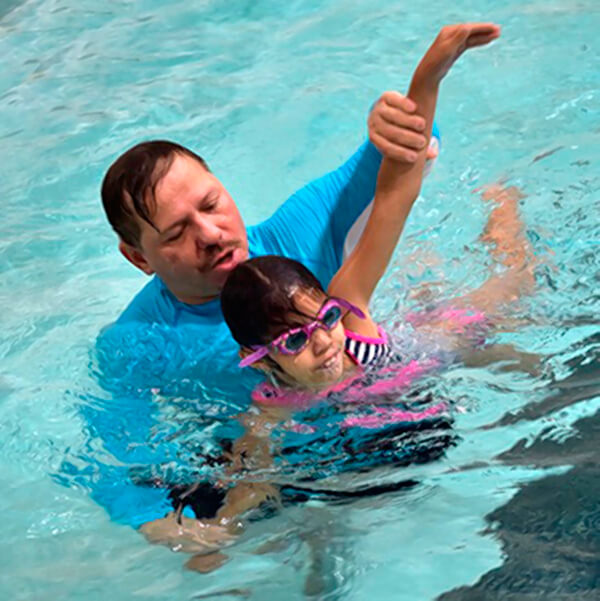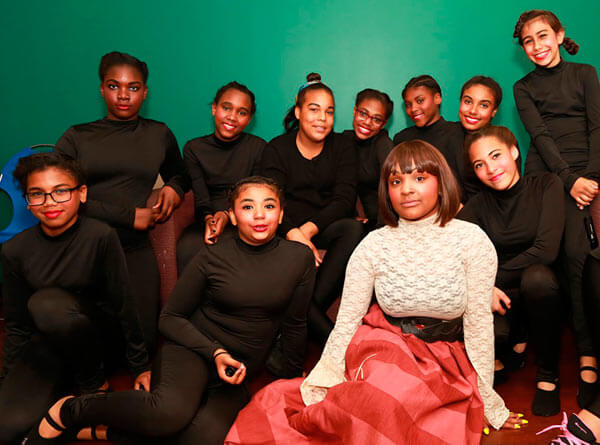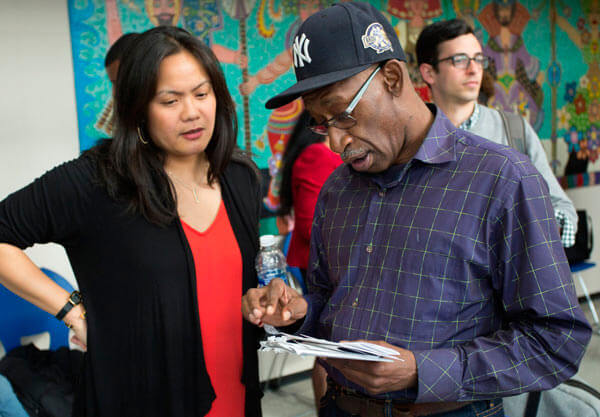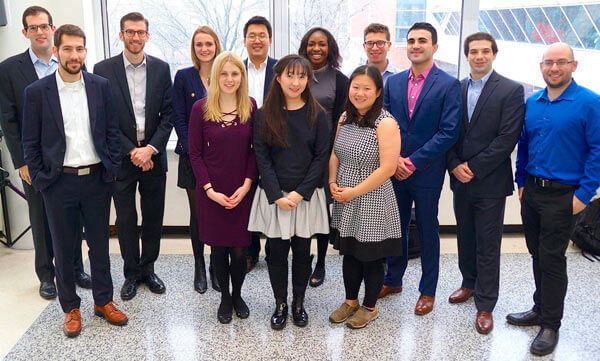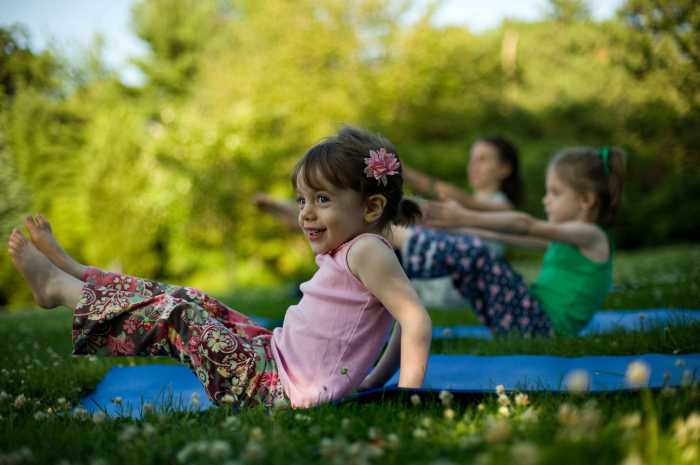Learning to swim can be a matter of life and death, especially for special needs children.
For the past 20 years, Florencio Flores Palomo has worked with special needs children, teaching them to swim.
Palomo started his career working with Special Olympics swimmers in his native Nebraska, a job he said changed his life.
When he came to New York, he looked to continue serving the disabled community, but he said many swim programs he worked for showed limited interest in serving this segment of the population.
“After 18 years of hearing ‘no, we can’t do anymore’, I thought either I continue to hope the next job will work, or leave and start my own,” he said.
In the summer of 2015 he started REACH Swim Academy to fill what he saw as a void in the swim programs in New York City.
Six instructors followed him to the new endeavor, which found a home in the aquatics center at Hostos Community College.
News spread fast through word of mouth and social media, and REACH soon had 35 children enrolled, helped in part by a grant through Autism Speaks.
Palomo said he now has 75 children in the current winter program, and has altogether taught over 150 children.
The Bronx was a perfect location for the program, he said.
“In my experience, the Bronx has a 2-1 ratio of families with special needs children, compared to other boroughs, and more families with multiple children with special needs,” Palomo said. “I knew this was the borough to target and help.”
The program welcomes children with physical and intellectual disabilities, such as those with autism, cerebral palsy and down syndrome.
Palomo said many of those students approach the pool with fear and anxiety, but eventually develop a sense of accomplishment and pride.
Because of the inclusive nature of the program, typical children are also mixed into some classes and treated the same in the pool.
“It’s our approach that all kids are alike, all kids should be treated the same – that is the foundation of REACH,” he said.
Classes are kept small, and Palomo said he personally arrange classes to group kids who are going to best benefit from the other kids in the class.
In addition to lifeguard certification, staff members are trained to work with student who might run off, such as autistic students.
In addition to spring classes that begin April 8, REACH is also looking to expand into Manhattan, and will also be taking its philosophy to the Far East to spend 10 days in Vietnam working with a school that was founded primarily for special needs children, many of whom are from an orphanage.
Palomo said he believed all along REACH had a much broader potential.
“When we started, I told my staff that this was my calling, that I think we can take this global, this is going to be big, and I think we can make this bigger than the Bronx,” he said.
There are an average of ten drowning deaths per day in the United States, according to the Centers for Disease Control and Prevention.
One in five people who die from drowning are children 14 and younger, and minority youth are more likely to drown, especially in swimming pools.

